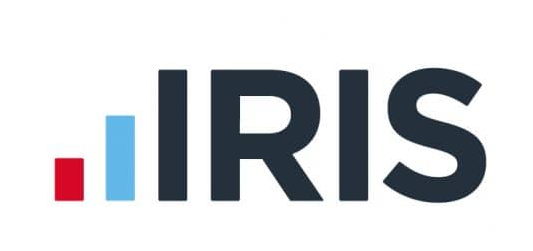A Quick Guide to Some of the Latest Xero Apps and Functions
As Xero Gold Partners we keep ourselves and our clients up to date with all the latest cloud accounting tools and technology upgrades, including Xero Apps.
There are lots of Apps that integrate with Xero to make running a business easier. Here are just a few of our top picks.
Xero Verify
The Xero Verify authenticator app is now available for easier multi-factor authentication.
Xero Verify is the only authenticator app that sends push notifications when you log in to Xero.
You can also use Google Authenticator, FreeOTP or Authy but you won’t receive push notifications, you’ll need to enter a code instead.
You can find out more about the app, which is available in the App Store and Google Play store, by following the link below. There are some useful videos to help you set up multi-factor authentication and find out how to sync Xero Verify to your Xero login to allow it to automatically send notifications to you.

Xero and Shopify
You can now combine Shopify’s sales tools with Xero for a better view of business performance and easier ecommerce.
Shopify sales transactions flow automatically from Shopify to Xero where you can reconcile them against bank data in just a few clicks.
Xero automatically shows your Shopify sales and fees on a daily basis so you can track revenue and profit.

Xero App Launcher
The Xero App Launcher lets you launch an app that you have already connected to your Xero account without interrupting your workflow. There is no need to remember URLs or rely on browser bookmarks and with some apps, you'll even skip the login screen.
When you select an app from the Xero App Launcher menu, the app will open in a new tab. If you signed up to the app using your Xero login credentials, you’ll be automatically logged in. Otherwise, you’ll have the option to give consent for Xero to log you in automatically.
If you found these news items interesting please feel free to share with your friends, family and colleagues.
















